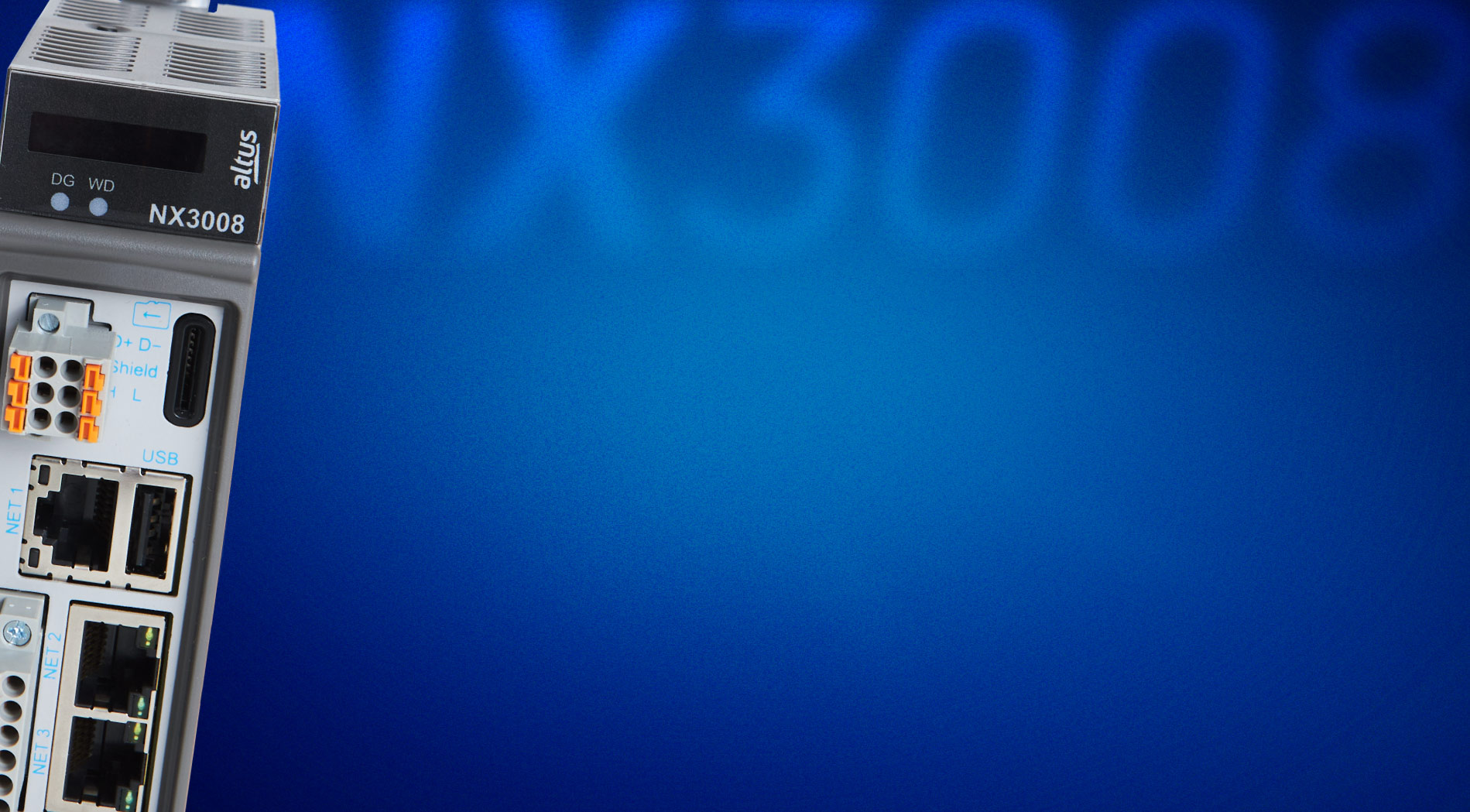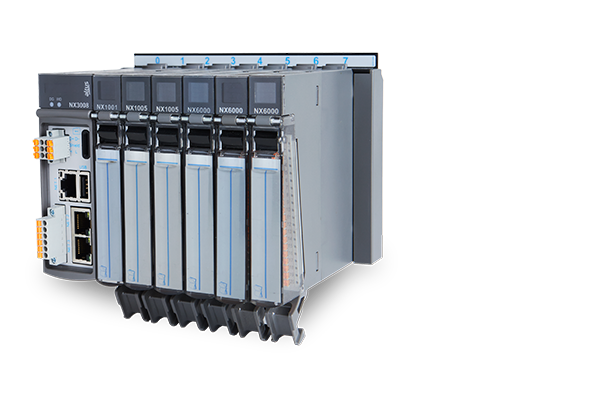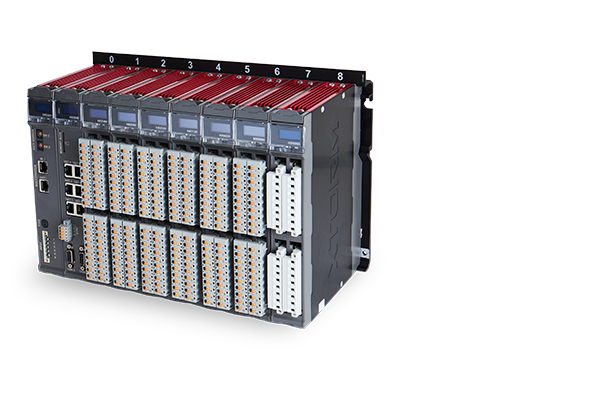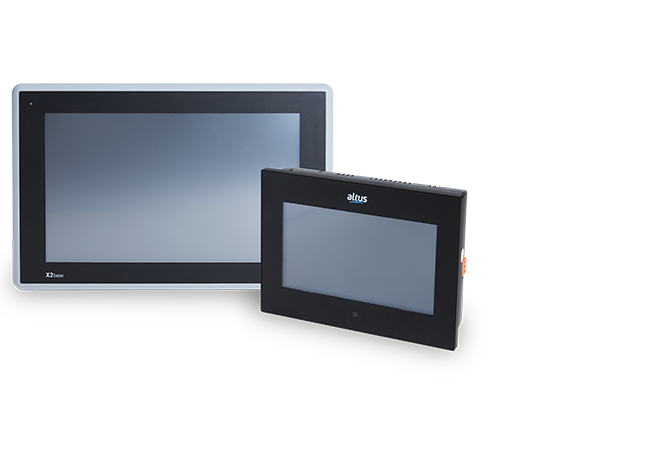Downloads
Software, Technical Documentation, Drivers, Tutorials. Click here to find the information you need to have the best experience with Altus products.
Technical Support
On-call service 0800 510 9500
support@altus.com.br
Skype: Altus Support
Unavailable on Sundays and holidays
Knowledge Base
Click here to access tutorials, instructions and application examples created by our specialists to qualify your experience with Altus products and solutions!
Industries we serve
Solutions
Companys which trust Altus





















What our customers say about us

"We chose to use Altus products in this project because it is a consolidated company, with 40 years in the market, and also because of our policy of prioritizing the local industry" Carmelo Leão

"SNEF has been an Altus customer for a few years, so we had experience with equipment ranging from the HX Series to the NX Series. Therefore, we were confident in Altus' capabilities, both in terms of the representatives who serve us and the technical support."

“This independence that I have with Altus PLCs is extremely rewarding. It gives me a lot of security in my day-to-day life. I believe and trust in your product (Altus)” Jairo Quadros

"The company` support is something that we don't see elsewhere. The fact that we can count on Altus' support is essential for us" Paulo Aranha





















